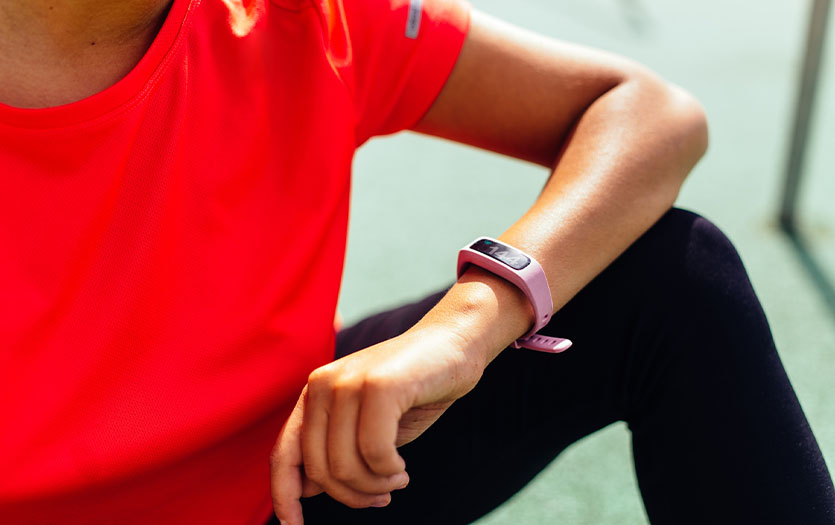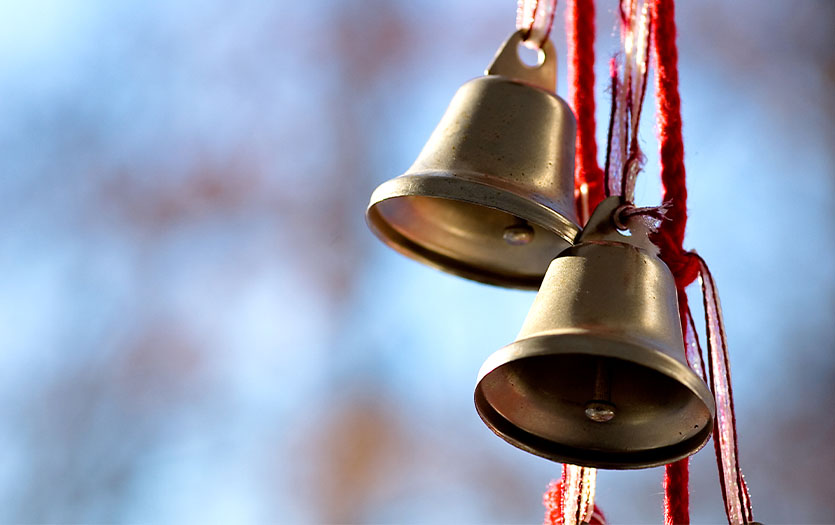
For people 65 or older, Parkview Wabash Hospital offers the Parkview Senior Mental Health Program – LifeBridge, to assist with navigating some of life’s challenges. Rebecca Barker, a recent graduate of the program, shared her experience to inspire those considering the opportunity.
Rebecca participated in the Parkview Senior Mental Health Program from January 2024 through September 2024. “I was telling my family doctor about some issues I was having, feeling depressed and overwhelmed, and she gave me a pamphlet about the program.”
Rebecca is one of many older Americans wrestling with these concerns. As of 2019, the Global Health Estimates (GHE) reported that around 14% of adults aged 60 and over live with a mental disorder. This is why Parkview Wabash is dedicated to helping seniors along their mental health journey.
“I called and spoke with Amy [Miller, LCSW, outpatient behavioral health manager, Parkview Wabash Hospital,] to see if it was something that would be helpful for me,” Rebecca said. “I was a little apprehensive at first, because it was group therapy, but once I got started, it was great.”
Working with the medical director, counselors and nurses with the Parkview Senior Mental Health Program can help participants strengthen their confidence and ability to cope with life’s more challenging issues that come with age. Through a combination of one-on-one meetings, group discussions and engaging activities, patients rediscover their independence.
“I went twice a week, on Tuesdays and Thursdays,” Rebecca said. “We would begin with a check-in, where we talked about any challenges we’d faced in the days since we’d last met. There were typically anywhere from 6 to 12 people. Then, Amy would go over a topic for an hour or so. She would have handouts, which were always really helpful. Sometimes we would have a special activity, like chair aerobics. Then, the last 20 minutes, the nurse, Janine [Caley, RN, Parkview Wabash Hospital,] would come in and discuss a health subject like diabetes or high blood pressure.”
Participants at Wabash also meet with Leah Habib, MD, PPG – Psychiatry, via Zoom for 20 minutes once a month. “Every piece of the program offered another tool for the toolbox,” Rebecca said.
The power of connecting
“Everything you say and do in that room is confidential,” Rebecca said. “It was really nice, because you could say what was on your heart and know it wasn’t going to go any further.” It was in that safety that Rebecca was able to make some incredible connections. “Going in, I didn't know anyone, and now I've made some lasting friendships.”
Many of the participants meet for lunch in the cafeteria before or after the meetings. “You would hear us, laughing and carrying on, sometimes emotional, and have no idea we’d just recently met. Then we’d head upstairs for group.”
The sharing that happened in that sacred space also opened Rebecca’s eyes to her peers’ diverse experiences. “One time, a woman from the Honeywell Center came for music therapy. We would close our eyes, and she would play a couple minutes of something, sometimes classical, sometimes upbeat. And then we would go around and say how it made us feel. Everybody had a unique perspective, and it was so interesting to see how, listening to the same music, we all took it different ways.”
This was true in the group’s lived experiences as well. “Hearing all the different stories people would share, where they’d come from, what they were going through, I’d never looked at life from that perspective before. We talked a lot in that room. We laughed and we cried, but often, I was reminded that I’m not the only one struggling. I’m not alone.”
Transitioning out
Most participants attend the Parkview Senior Mental Health Program two days per week for 12 to 16 weeks, depending on individual needs. “Some people go longer, depending on what they’re dealing with,” Rebecca said. “I went twice a week up until the last few months, when I pulled back to once a month. Honestly, I didn’t think I’d go as long as I did, but I’m so glad I was able to.”
Rebecca shared that she met with Dr. Habib one last time before her graduation day. “You go over where you started and where you are,” she shared. “You set goals for the future. But they are still there for you. They still call and check in on me.”
Rebecca knows, if she’s ever struggling, she can look back at her handouts or reach out to Amy, Rachel or Janine. “I would attend sometimes, and I would say, ‘I’m not on my A-game today,” and they would tell me it was okay. I didn’t have to be all the time. The key is knowing what I need to do to take care of myself. And sometimes, that’s just 15-20 minutes of time for myself.”
A nudge from a graduate
With her time in the program behind her, Rebecca takes every opportunity to encourage others to take advantage of the offering. “I can’t say enough good things about it,” she said. “Everyone who runs the program is top-notch. They’re there for you. I tell my friends, if you're struggling, that’s the place to go. It was such a great experience, and they helped me boost my self-confidence. I used to be such an introvert, and now I know that other people are going through similar situations. It gave me something to look forward to and some wonderful friendships to take away.”
Want to learn more?
The Parkview Senior Mental Health Program – LifeBridge is available at Parkview Wabash Hospital and Parkview LaGrange Hospital. For an initial screening or for more information about the program at Parkview Wabash Hospital, call 260-569-2111.



